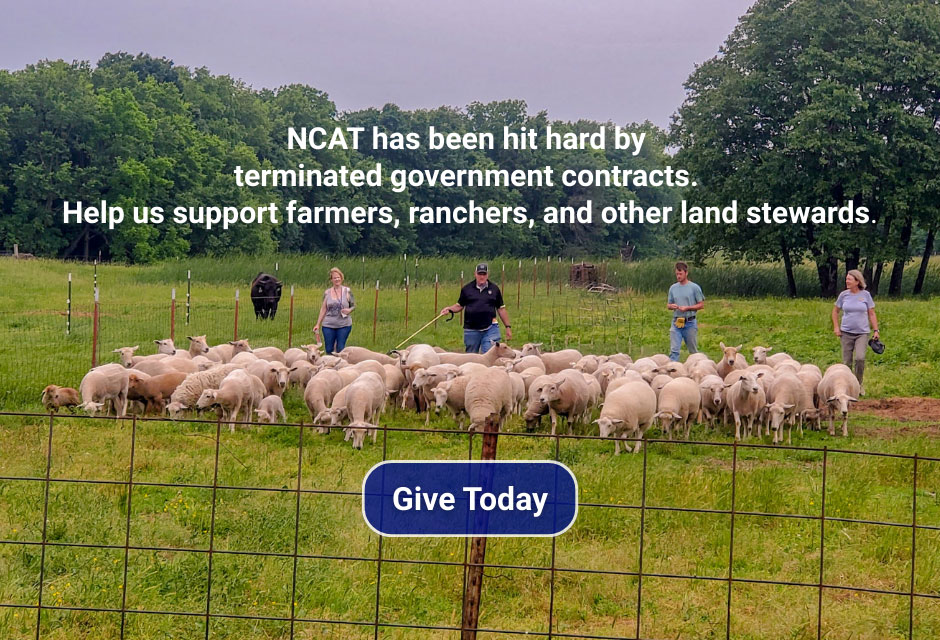Researchers Examine Agricultural Water Conservation Strategies
Scientists at Colorado State University led a review that examined strategies for conserving agricultural water nationwide, exploring the potential effectiveness, drawbacks, and adoption challenges of each strategy. The researchers considered […]

